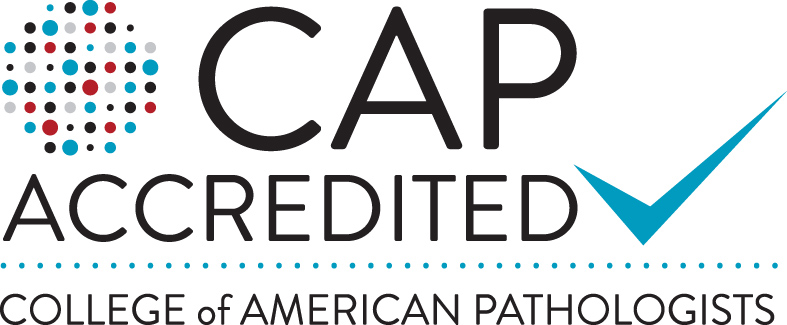STRAINVIEWWhole genome sequencing of microbial isolates
Our whole-genome shotgun sequencing platform is an ideal, high-throughput method for generating draft-level genomes of hundreds or thousands of cultured isolates in parallel.
Every StrainView project includes a Core Analysis™ Report featuring raw data, assembled contigs, comparative genomics visualizations, and annotation of genes and functions including antibiotic resistance genes and virulence factors.
Need more analytics to support your research goals?
Compare Microbial Genomes with Whole-genome Shotgun Sequencing
Strainview allows you to characterize your entire strain collection comprehensively and efficiently.
Our approach uses high-coverage DNA sequencing on the Illumina platform followed by genome assembly to produce annotated draft-level assemblies with contigs of hundreds of kilobases.
Our standard strain analysis assay provides 300 megabases of sequencing data per isolate, equivalent to 60x coverage of a 5 megabase-pair bacterial strain.
Diversigen’s customers receive an interactive online report featuring raw data, assembled contigs, comparative genomics visualizations, and annotation of genes and functions including antibiotic resistance genes and virulence factors.
Antibiotic Resistance and Functional Repertoire Annotation
Strains with identical 16S marker genes can have highly divergent metabolic traits and functional content in the rest of their genomes1. This means that researchers relying on 16S sequences alone to characterize their strain banks may be missing large amounts of potentially important functional diversity.
Historically, a common approach to characterizing strains has been to perform full-length Sanger sequencing on the 16S ribosomal RNA gene. This approach is limited in what information is provided about any given strain; such as the functional content of that strain’s genome.
Diversigen’s analysis provides a full characterization of functional content in strains in a high-throughput manner, while also providing taxonomic identity using the entire genome content.
- Jaspers E, Overmann J. Ecological significance of microdiversity: identical 16S rRNA gene sequences can be found in bacteria with highly divergent genomes and ecophysiologies. Appl. Environ. Microbiol.. 2004 Aug 1;70(8):4831-9.
Create a Custom Strain Database for Research
StrainView™ Basics
Suggested Sample Types
We have experience working with a wide array of samples types, some of the most common types that are suitable for Strain Analysis are listed below. Contact us if your sample of interest is not represented here. We recommend pelleting isolate samples prior to freezing to avoid unintentional dilution of genomic DNA into a liquid storage buffer when cells are lysed during freezing.
- Isolates, strain libraries and pure cultures
- pre-extracted DNA (for the best data quality, please allow us to perform the extraction)
Specifications:
Your project includes:
- Initial quality control check on all samples
- QC report returned for review
- Amplification and library preparation using our optimized approach
- Core Analysis Report
- Genome annotations
- Taxonomic assignments via fully optimal gapped DNA sequence alignment to a
curated reference database - Antimicrobial resistance profiles
- Virulence factor profiles
- Sequencing quality-control dashboard
- Interactive assembly report
- Interactive visualizations that leverage your sample metadata
- Fastqs: adaptor-trimmed and quality-filtered sequencing data
- Contigs & Scaffolds
Turnaround Times:
Project turnaround times can be adjusted to meet your needs.
In general, our turnaround times are 4-6 weeks depending on the size of your project.
Diversigen provides services and generates data for research purposes only. Not all services are available in all regions.


